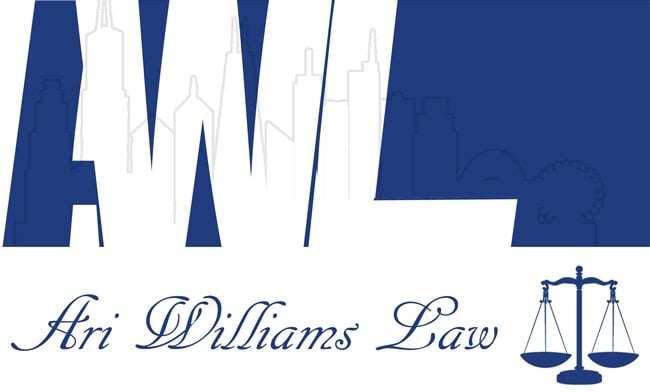Those facing criminal prosecution in the United States are entitled to certain protections. There are crucial rights specifically included in the amendments to the Constitution and additional rights established via court rulings or precedent.
The right of discovery is one of the most important protections for those accused of violating the law in the United States. As such, both federal and state prosecutors must provide the evidence that they intend to present in court to the defendant’s lawyer after receiving a formal request. Having access to the state’s evidence can benefit someone accused of a crime in specific ways.
Knowing the state’s case makes it easier to plan
A successful defense in criminal court typically requires thorough planning on the part of the defendant and their lawyer. Knowing what evidence the state has can directly influence what strategy the defense develops.
In some cases, it could be possible to exclude certain evidence because police officers broke the law while gathering it. Successfully challenging the legality of certain evidence can significantly weaken the state’s case. Other times, the lawyer for the defendant could bring in expert witnesses to reanalyze the evidence to provide a different perspective. It may be possible to show that the prosecution used junk science, ranging from bite mark and blood spatter analysis to 911 call analysis.
Occasionally, issues with the chain of custody or the evidence collection process could raise questions about the reliability of the evidence. The attorney reviewing the evidence may be able to spot signs that there were violations of the law or deviations from accepted best practices that could compromise the usefulness of the state’s evidence. They could also suggest alternative ways to interpret the evidence or ways to counter it successfully in court.
Prosecutors generally have to provide all acquired evidence, including exculpatory evidence they don’t intend to present in court, to the defense team. If an attorney can attack and undermine the state’s most compelling evidence, that may make it easier for someone to raise questions about whether or not they played a role in criminal activity or had any sort of criminal intent.
Learning about and making use of the rights extended to criminal defendants can make a big difference for those facing criminal prosecution.


